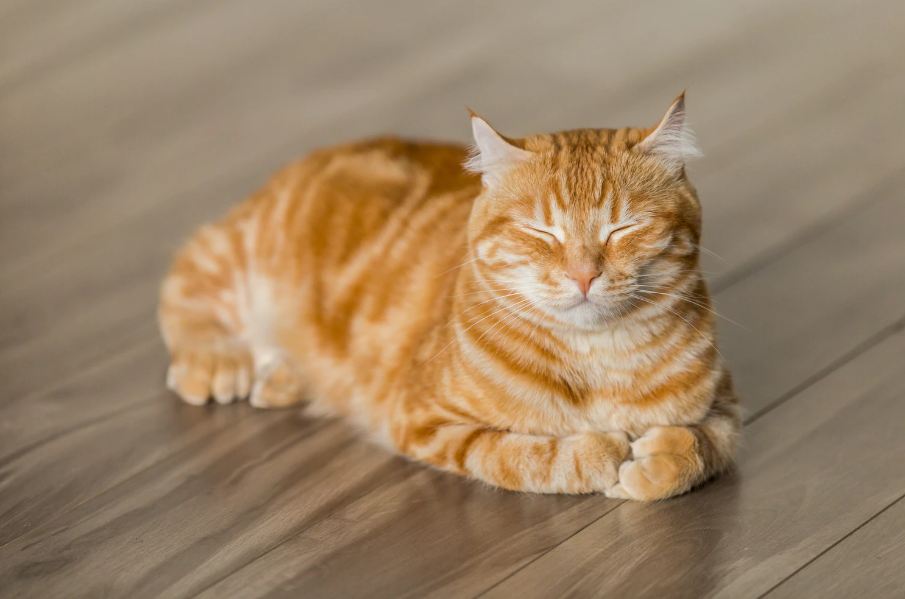Cats have a very distinct stereotype when it comes to most popular pet animals. While dogs are thought of as extremely loving and loyal companions, and most birds are thought of as intelligent animals that demand attention, cats are called indifferent masters of their human owners. Dog lovers will often swear by their choice of pet by bringing up how cats don’t care about their owners at all.
This of course, couldn’t be further from the truth. Cats in fact, do love and care for their owners. What is true however, is the demeanor of cats relative to other pets. Cats are not so much indifferent as they are “independent”. To most cats in a human household, the humans are like its informal children. The cat won’t go around watching your every move, but it will keep a close eye on how everyone is doing.
Understanding the Biological Reasons for This Difference
If we are to ask ourselves how science explains the difference between cats and dogs, all we have to do is look at the two animals side by side out in the wild. You are probably aware of the fact that dogs often hang out in packs. Stray dogs are usually encountered in a group ranging anywhere from three to almost ten members. Dogs have evolved to always live and hunt in a pack. It is very rare to encounter a lone stray dog, and is most likely due to an external factor; like injury.
Now take a feral cat. How many times have you seen feral cats roaming around in groups? Almost never, right? That is because cats adopt a solitary lifestyle when left to their own devices. Their hunting techniques, coupled with their evolutionary strengths out in the wild, are best executed alone. However, this does not mean cats are devoid of love and care for other beings, as we explain below.
Your Cat Loves You!
Aside from some very isolated instances, cats actually love their owners. Just because they don’t jump around in joy upon seeing their owner come home from work like a dog, doesn’t mean they aren’t happy and reassured all the same. The thing is, with cats, subtlety is much more prevalent in displays of affection.
Due to how cats have evolved, they dislike showing any signs of weakness. If your cat stumbles and falls while trying to climb somewhere, it will almost always pass it off casually by licking itself if you’re in the room. However, take a moment to hide and watch from the shadows, and the cat’s behavior will be very different. This proud nature of cats is sometimes why they’re called uncaring creatures. When in reality, it is actually a defense mechanism evolved over millennia of struggle out in the wildlands.
As we mentioned above, cats show their affection in very subtle ways. If you’ve ever seen your cat lay around you with its belly exposed, you should know that that is one of the highest honors your cat can bestow upon you. A cat’s belly is its most vulnerable spot. The fact that your cat is comfortable with exposing its belly to you means that it trusts you highly.
Another subtle way your cat may show you affection is by slowly blinking or winking in your direction. This adorable act is informally dubbed a “cat kiss”. Basically, it is just one of many ways your cat lets you know that it loves you to bits. Then of course, there are the not so subtle ways a cat can show its affection. If your cat raises its tail upon sighting you, it means it is happy to see you. Because, unlike dogs, cats only wag (or in this case, swish) their tails when they’re upset or irritated.
And finally, if your cat takes time out of its day to come cuddle with you or boop you with a wet nose or just lick you, you can know without a doubt that it loves you. And if your cat is the type that snuggles up to you to sleep, or lays in your lap or on your chest, consider yourself very lucky for having landed an extroverted cat. Indeed, cats have different personalities as well.
So How Exactly are Cats Independent?
Back to the main question now: why are cats considered independent? That is because, even though your cat loves you, its life doesn’t revolve solely around you. If you have a dog at home, you know for a fact that it will always try to remain at your side. It whines and gets sad when you leave for work, and jumps around and barks in joy when you return. Heck, if you’ve set up a camera at home, you’ll very likely catch your dog snuggling next to a possession of yours while you’re away so it can keep in touch with your scent.
If you have a bird, especially if it’s any type of parrot, it’ll consider itself equal to you. It’ll demand you play with it and pet it each day. It’ll prank you, get mad at you, and lovingly nip your ear all in the same day. In fact, some parrots have even been documented to have died of sadness and starvation after refusing to eat anything after the death of their owner. And given parrots’ long lifespans, they’re a lifelong partner for many.
Now take cats. Your cat will spend most of its day busying itself with some cat business. It’ll snooze away the afternoon. Then it’ll run around playing with a ball. Then it’ll spend some time on a high ledge overlooking everyone like an imperial ruler. Then it’ll come down and meow for food, before leaving to snooze away the evening as well. And if you’re lucky, it might come looking for head pets and some cuddling once or twice a day. What this essentially portrays is that though your cat does love you, it isn’t thinking about you 24/7. It has its own likes and dislikes and a catty checklist for each day, much like you. And this is essentially why cats are thought of as independent creatures.
Conclusion
The desired takeaway from this post is that cats aren’t cold and heartless creatures. In fact, theyare very loving animals but they don’t obsess over you all day long. And you shouldn’t force your company on your cat. It’ll come purring when it feels like it.

